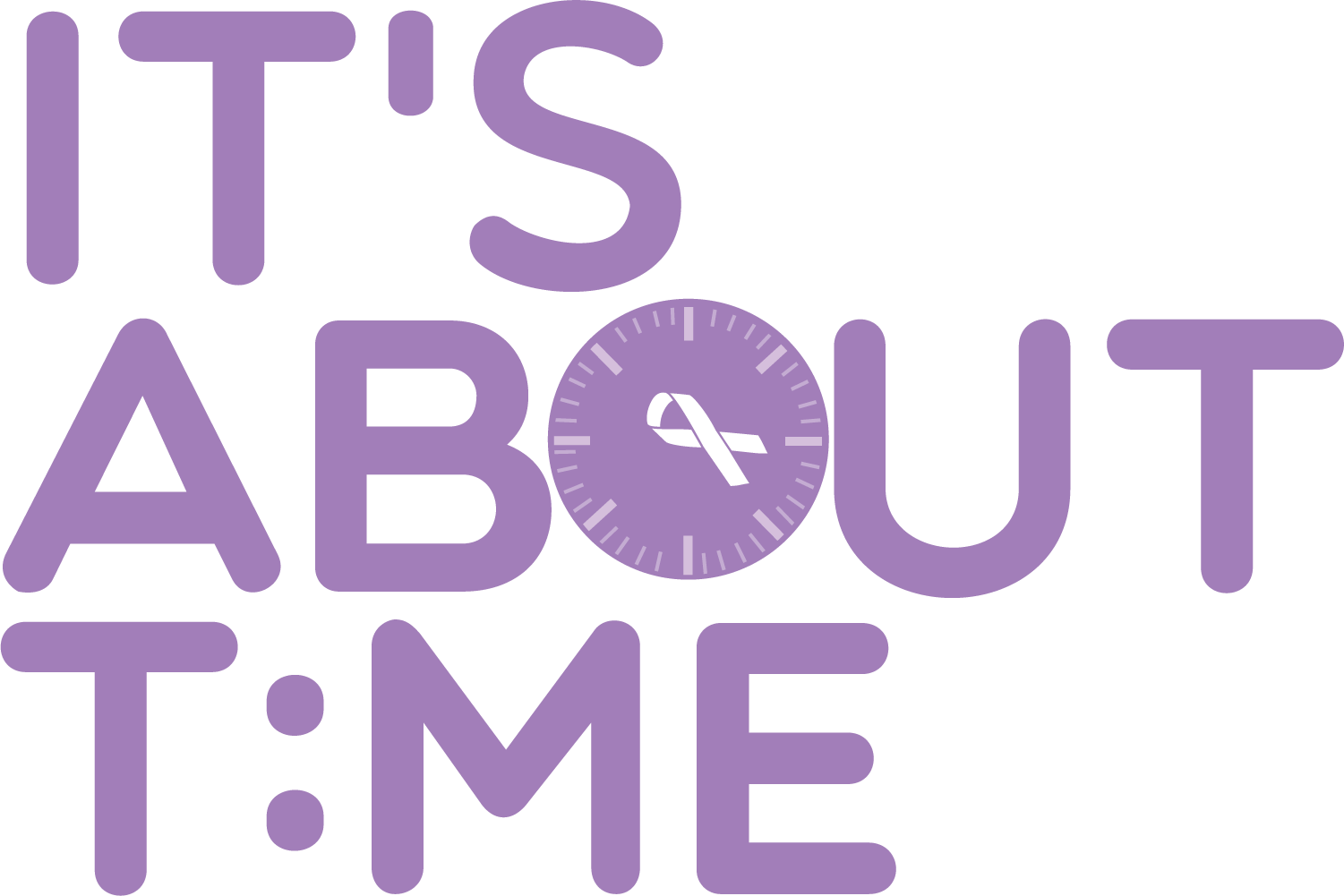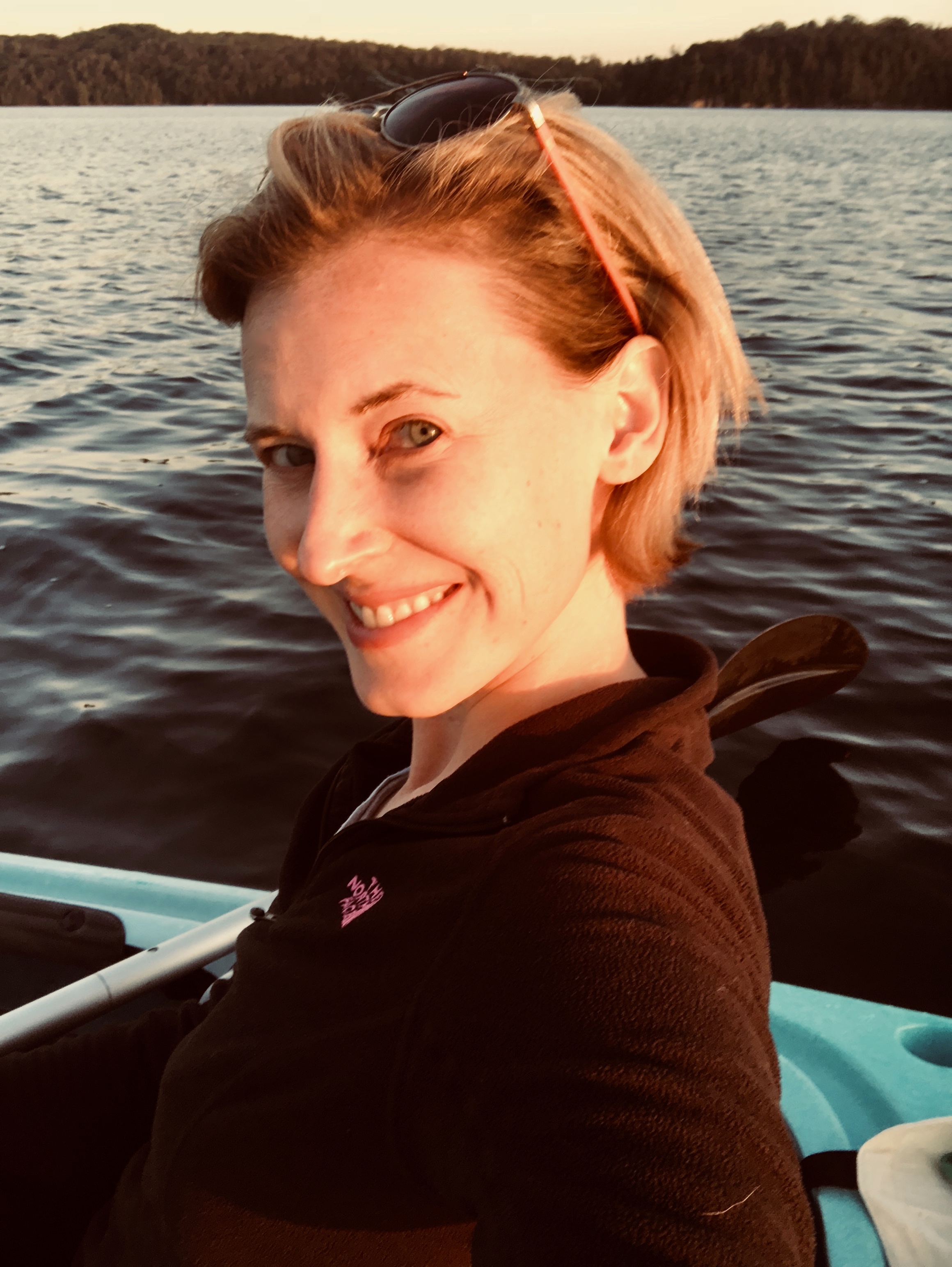Christine
"Helping others navigate an MBC diagnosis is what helps me continue to thrive."
Before my diagnosis I was a conservation biologist working full time to protect habitat for endangered species. Most of my career was devoted to wildlife; I felt that they didn’t have their own voice, so someone had to speak on their behalf. Little did I know just how much these skills would cross over into my life post-cancer. In 2015 I received the devastating news that I had metastatic breast cancer (MBC). A year in a half later I decided that I was thoroughly exhausted and needed to quit my job and go on disability. Though my decision to leave was difficult, it allowed me to focus 100% of my time on recovering my mind and body from the trauma of a terminal cancer diagnosis and treatments. I took a 6-week intensive meditation course, started doing yoga every morning, continued with monthly acupuncture (a practice I picked up while undergoing chemotherapy), and started attending support groups. Almost instantly I felt a change in my physical and mental state- I started feeling less fatigue, nausea, and irritability. I was sleeping and eating better, and the daily yoga was helping tremendously with increasing rotation and flexibility of my right arm where lymph nodes had been removed.
As I started to feel better and better, I also became more and more restless. I didn’t feel quite ready to go back to work, but I had to do something. I started researching organizations that worked with MBC patients. I thought advocacy would be a great avenue, but had no idea of where to start. I found the Living Beyond Breast Cancer’s “Hear My Voice” program, which trains MBC patients to become advocates in their local and digital communities. It was a program to lift my voice as an advocate and precisely what I was looking for!
Since that time over a year ago now, I have learned that advocacy comes in a variety of forms. I used to think that I had to be all over social media or be edgy and loud to get my voice heard. Not true at all. You can remain completely anonymous, but still post on various social media platforms. You can go to a support group or start your own support group and help people one-on-one. You can start a blog or website, attend breast cancer conferences, design and sell lingerie for breast cancer patients that have undergone surgery, sit on peer-review panels for cancer research projects, create charity bicycle rides or hikes or runs, protest or lobby Congress for more research dollars- the possibilities are endless! You can turn what you love and what brings you joy into a tool for advocacy, it just takes a little bravery (because you’ll probably fail a few times) and a little creativity.
I also learned that advocacy is conducive to multiple personality types and each advocate tackles their MBC diagnosis differently. Some advocates are angry and outspoken, others are sobering and honest, some people are hilarious and sarcastic, and others are hopeful and optimistic. Each personality has a place in the advocacy world and I think the more diversity we have as MBC patient advocates, the more effective our message will be.
Since leaving my last job, I have decided to devote my life full time to MBC patient advocacy. I have now volunteered with dozens of MBC organizations, participated in advocacy trainings and events, and attended many scientific and medical conferences. I’ve also had the opportunity to review grants focused on MBC research and will be serving as a consumer reviewer for the Department of Defense’s Breast Cancer Research Program (BCRP) in FY19. My passion is improving access to clinical trials for metastatic patients and I’ve conducted personalized clinical trial searches for patients who are in need of an alternative to the treatment that failed them. I created my own database of clinical trials for which MBC patients are eligible and will be consulting with medical researchers at the University of San Francisco to enhance their own breast cancer clinical trial registry and to assist in the development of a clinical navigation service. I know now that this is what I was meant to do. Helping others navigate an MBC diagnosis is what helps me continue to thrive.
- Oregon
- North Carolina
- Indiana
- Tennessee
- Alabama
- Arkansas
- Washington
- Utah
- West Virginia
- Colorado
- Massachusetts
- Missouri
- Arizona
- Wisconsin
- Nevada
- New York
- Kentucky
- Hawaii
- Minnesota
- California
- Florida
- Pennsylvania
- Michigan
- Canada
- Texas
- Illinois
- Connecticut
- New Hampshire
- Ohio
- Georgia
- Maryland
- Ontario
- Virginia
- Idaho














